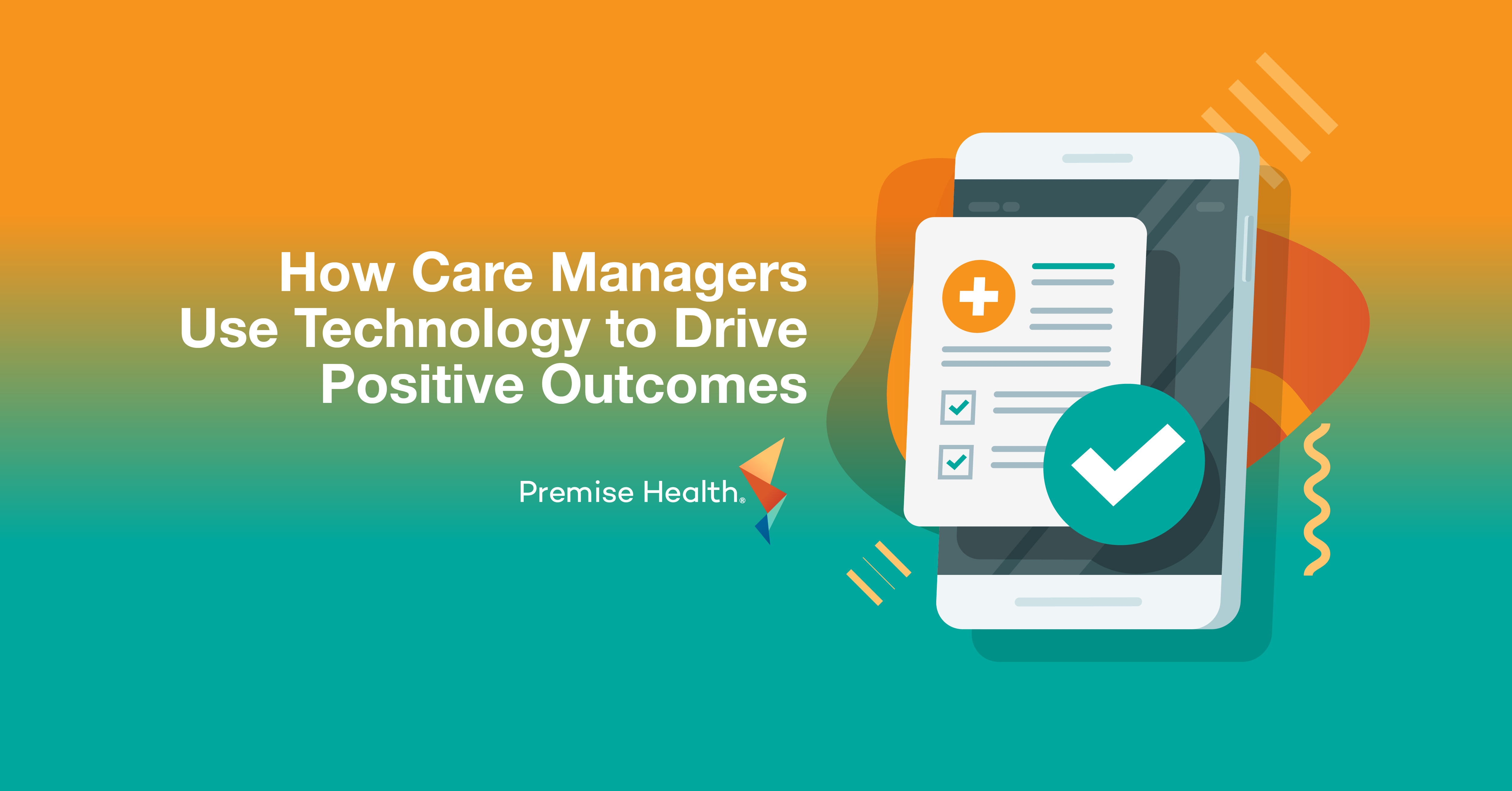How Wellness Programs Can Optimize Your Workforce’s Wellbeing
Every year, unhealthy behaviors and chronic conditions cost employers $36 billion in lost workdays, highlighting the increasing need for wellness in the workplace. Recognizing that people are spending most of their days on the job, strategic employers now understand the importance of incorporating wellness benefits into their organization’s total rewards strategy. According to a survey by the Business Group on Health:
-
- 92% offer mental health services
- 68% offer stress management programs
- 72% offer mindfulness programs
- 83% offer financial wellness
Incorporating wellness into the workplace, through what’s often referred to as a corporate or workplace wellness program, can help optimize your workforce’s wellbeing while also reducing costs. Read on to learn more about what a wellness program solution looks like.
What is a wellness program?
Wellness programs, which include wellness activities and associated incentives or rewards, wellness coaching services, and biometric health screenings, provide a means for employers of all sizes to drive engagement among employees and encourage healthy behaviors. While workplace wellness programs may vary in what they offer, these wellness programs should include a focus on lifestyle medicine. Lifestyle medicine is an evidence-based approach to preventing, treating, and even reversing disease by replacing unhealthy behaviors with positive ones, such as:
-
- Eating healthy
- Being physically active
- Managing stress
- Avoiding risky substance abuse
- Getting adequate sleep
- Having a strong support system
Like the name implies, lifestyle medicine is used to address common, chronic diseases related to unhealthy behaviors. This whole person approach keeps the healthy well and gives guidance to those who need a little extra help.
What are the components of a corporate wellness program?
A corporate wellness program is comprised of multiple solutions depending on how an organization defines wellness, but the most common components include nutrition, wellness coaching, and wellness program management. These are often complemented by other healthcare offerings like condition management, biometric screenings, behavioral health, fitness, and a digital wellbeing and engagement platform.
Nutrition
Nutrition programs in the workplace are designed to educate members on how to eat smarter and live healthier. Comprehensive nutrition programs should leverage registered dietitians with expertise in medical nutrition therapy to help members treat existing conditions, decrease future risk, and improve their overall wellbeing.
These providers can treat a range of conditions from diabetes and weight management to hypertension and cardiovascular disease – making them an indispensable part of any wellness offering.
Why is nutrition important for employees?
For employees, nutrition offerings are a true game changer, helping them incorporate positive changes in health and behavior that increases productivity and reduces absenteeism. Additionally, wellness programs that offer a virtual component give employees a leg up with services that help them read food labels and even assists them with modifying recipes – registered dietitians help employees reach a new standard of health.
Wellness coaching
Impactful wellness coaching programs are designed to help members achieve lasting lifestyle change in the areas of weight and stress management, nutrition, physical activity, tobacco cessation, work/life balance, sleep, and life satisfaction. They should meet the worker where they are, help them gain new skills, and set actionable goals that move them closer to their highest wellbeing.
Why is wellness coaching important for employees?
Wellness coaches serve as an accountability partner that helps employees set realistic goals and develop plans to achieve them. They also help employees move toward better health at a pace that is comfortable for them.
Wellness program management
Simply put, wellness program managers do it all. From planning and coordinating the delivery of corporate wellness programs to serving as a liaison between clients and vendors – they make sure organizations are set up to succeed. This starts by building a culture of wellness that improves upon healthy behaviors and meets the needs of every population.
Why is wellness program management important for employees?
Wellness program managers help ensure employees have access to wellness solutions based on their unique needs and goals, along with providing lifestyle and wellbeing education and resources.
What are the benefits of a corporate wellness program?
Central to wellness programs is the ability to help workers improve their overall wellbeing and address unhealthy behaviors. Programs that take a holistic approach, provide high-touch support, and serve as accountability partners reap many benefits, including:
- Lower healthcare costs
- Reduced absenteeism
- Increased productivity
- Reduced injuries
- Reduced worker’s compensation claims
- Increased employee retention
Do corporate wellness programs really work?
Yes. In fact, at Premise Health, we’ve seen positive results first-hand. Through an assessment of 622 employees before and after participating in wellness coaching, 77% reported improved wellbeing, nearly 70% saw improvement with their nutrition, and 50% saw an increase in work-life balance.
The foundation for better choices at Premise Health
Premise Health’s virtual and in-person workplace wellness solutions are powered by lifestyle medicine. This evidence-based approach helps prevent, treat, and even reverse disease by replacing unhealthy behaviors with positive ones. Our solutions improve overall health and wellness, reduce or eliminate the need for medications and procedures, and encourage members to take a proactive role in their wellbeing.
When businesses make wellness is a priority, they retain top talent and reduce overall healthcare spend. If you’d like to learn more about how Premise Health can optimize the wellbeing of your population, contact us today.
Next on industry insights.

Provider Dispensing and its Role in a Better Care Experience
Read the Blog
Clinical Quality at Premise: A Q&A With Meghan McManama, DNP
Read the Blog